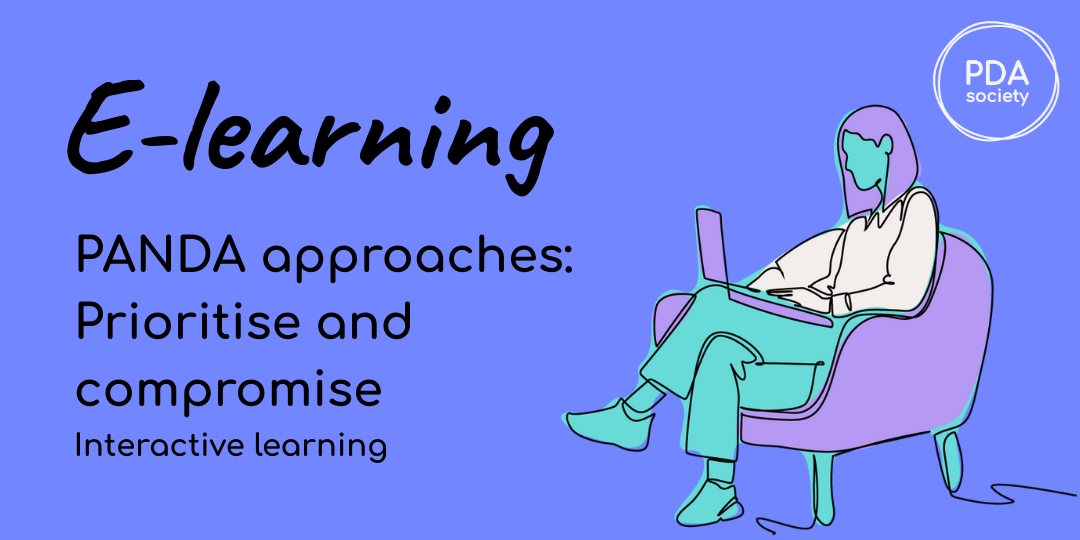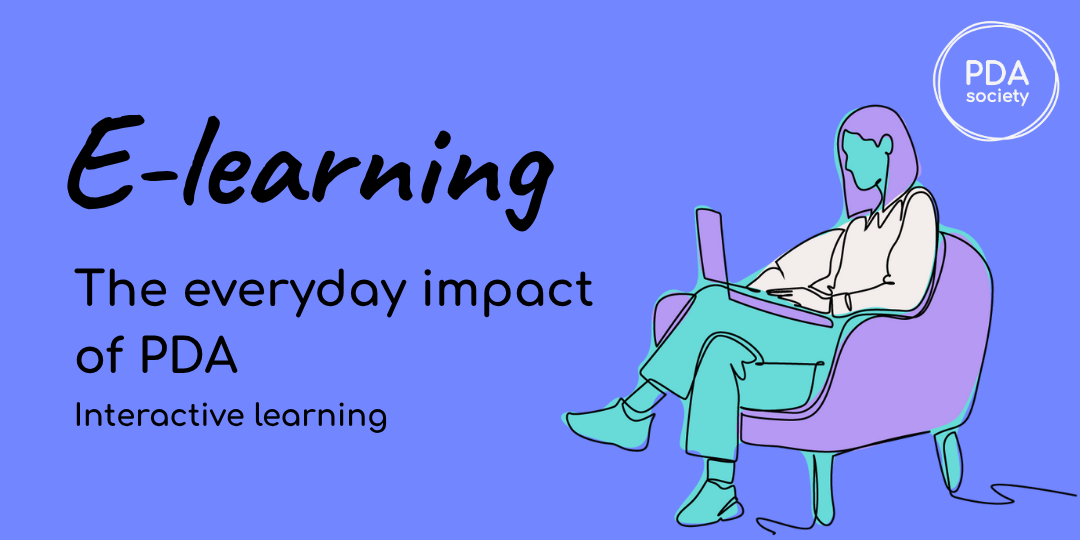
Understanding and supporting PDA learners in Education
This self-paced, interactive module offers a clear and accessible introduction to Understanding and Supporting PDA Learners in Education.
Overview
This self-paced, interactive module for education professionals offers a clear and accessible introduction to Understanding and Supporting PDA Learners in Education
Pathological Demand Avoidance (PDA) is a profile of autism where everyday demands can trigger high levels of anxiety. In school, this often shows up as avoidance, refusals, or behaviour that looks like defiance, but is actually a sign of distress.
This module is a starting point to help educators build safe, flexible learning environments where PDA learners feel understood.
This module explores:
- school from a PDA perspective
- school stress for PDA learners
- masking
- a different way to support PDA learners
Who it’s for
Teachers, teaching assistants, SENCOs, and education leaders who want to support PDA learners more effectively across all settings and age ranges.
Why it matters
PDA learners often mask their struggles in school, only to experience burnout and distress later. By understanding their needs and adapting your approach, you can protect wellbeing, improve engagement, and help every learner succeed.
This module was developed by the PDA Society with input from PDAers, families, and professionals, combining lived experience with up-to-date knowledge.
Course information
Our self paced learning modules are designed to make learning simple, flexible, and engaging. Unlike a traditional PDF or webinar, these courses are:
-
Interactive – with click-through activities, videos, and knowledge checks to keep you involved.
-
Self-paced – you can start and stop whenever you like.
-
Accessible anywhere – available on desktop, tablet, or mobile* so you can learn in the way that works best for you.
-
Visually engaging – designed with clear layouts, easy navigation, and bite-sized sections that are quick to work through.
-
Practical and supportive – each module focuses on real-world examples and approaches you can apply straight away.
Our modules feel more like an interactive guide than a lecture — putting you in control of your own learning journey.
*You can access this module on any device — desktop, tablet, or mobile. For the smoothest experience we recommend using a desktop.
This module can be completed on its own, but you’ll get the most value by exploring it alongside our other introductory modules. Together, they build a strong foundation for understanding and supporting PDA.
- PDA – the basics – an introduction to understanding PDA.
-
Understanding demand avoidance – exploring what demand avoidance is, how it links to stress responses, ways to recognise it, and what the experience of demands can feel like.
- Distressed behaviours – understanding distressed behaviours, why they happen and helpful approaches.
-
The everyday impact of PDA – exploring how PDA affects daily life and supportive approaches.
-
The PANDA Approach – 5 Individual modules exploring our PANDA approach – a flexible framework for support at home and in daily life.
We are also developing further dedicated modules for professionals across education, health, and social care, which will be available soon.
Our introductory modules are included in monthly and annual subscriptions, or can be purchased individually.


